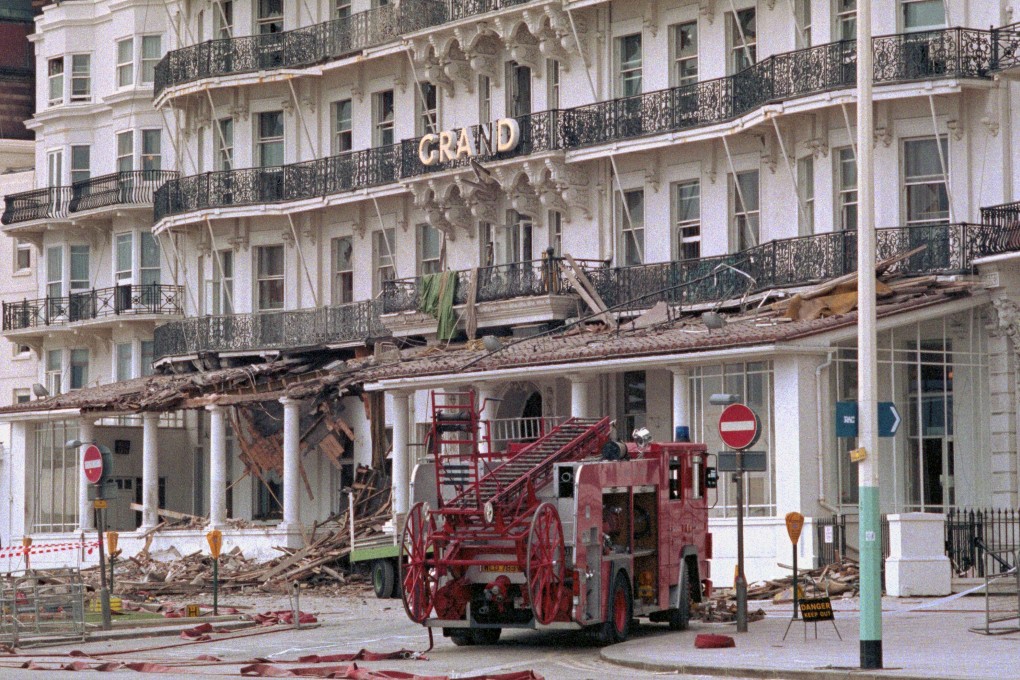Book reviews: fiction from Jonathan Lee, Robert Merle and Lewis Carroll
Lee's imagining of a recent historical event – the IRA’s attempt to assassinate Margaret Thatcher in Brighton in 1984 – marks him as a talent to watch


by Jonathan Lee
William Heinemann (e-book)

Jonathan Lee’s third novel recreates 1984’s Brighton Bombing, one of the IRA’s most outrageous assaults against the English mainland. The novel describes years of planning – the action begins in 1978 with the nerve-shredding initiation of Dan, one of the bombers. The explosive device itself has a fuse set 25 days in advance. The IRA’s primary targets were the Prime Minister of the time, Margaret Thatcher, and her Conservative Party cabinet. The story branches out from Belfast into Brighton, where the main cast mixes uneasily over the month it takes for the bomb to be primed. We have “Moose”, the deputy manager of the Grand Hotel whose failing health runs in parallel to the rising tension. His daughter, Freya, is drifting after school and waiting for her life to begin. Dan waits too, but for drama of far grimmer dimensions. Brighton’s reputation as a seaside holiday resort provides a disorienting atmosphere, one that is heavy on the ironic. High Dive is a kind of slowed down thriller that exploits delay and pauses to painful effect. What we are left with is a courageous work of art that works its own kind of high dive trick – a relentless momentum whose twists demand close attention. Jonathan Lee is a real talent.

by Robert Merle (read by Andrew Wincott)